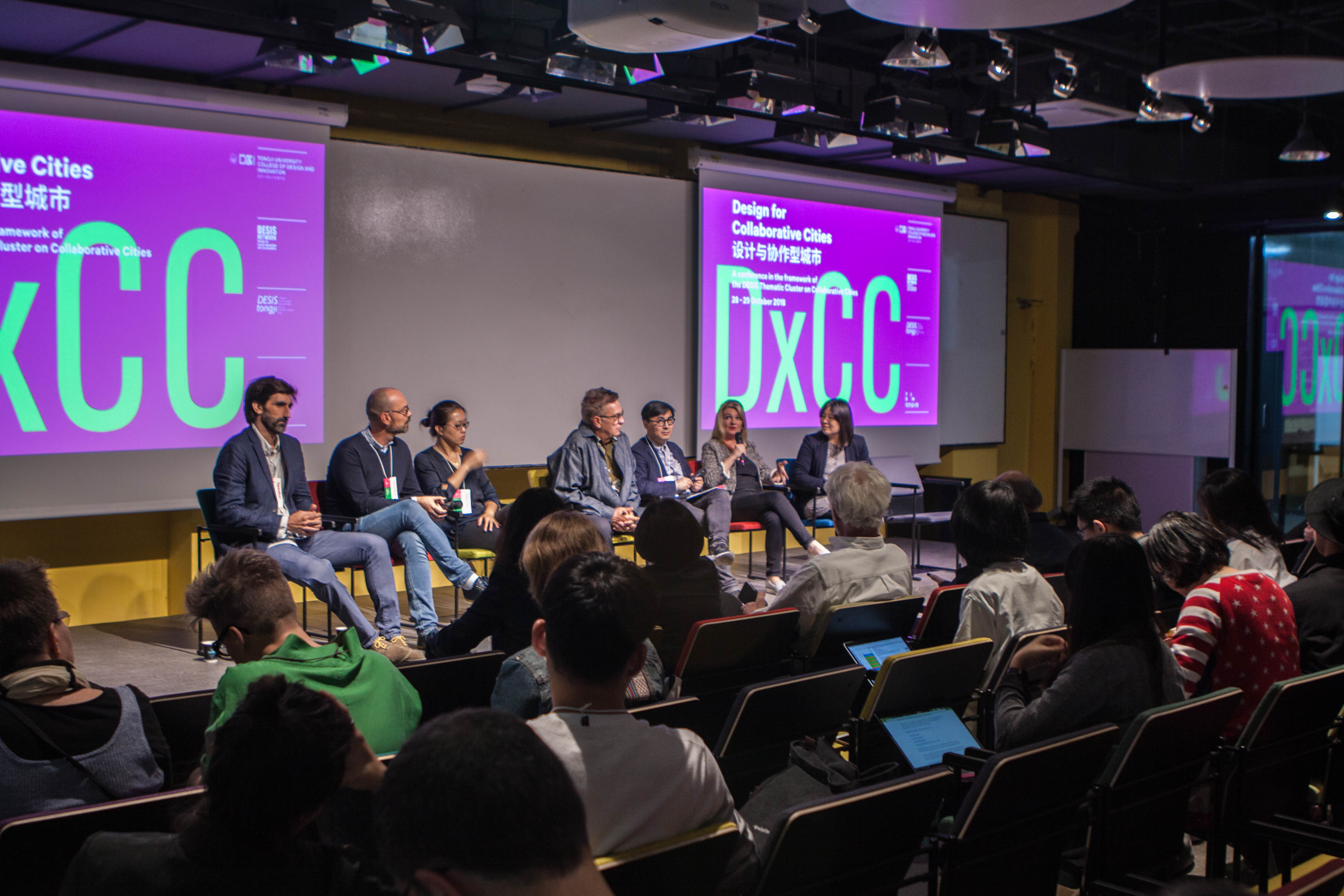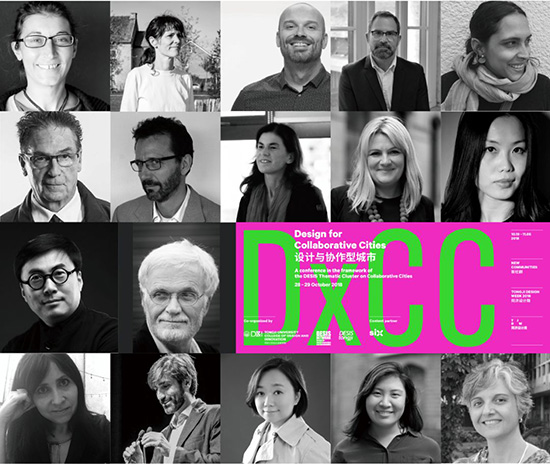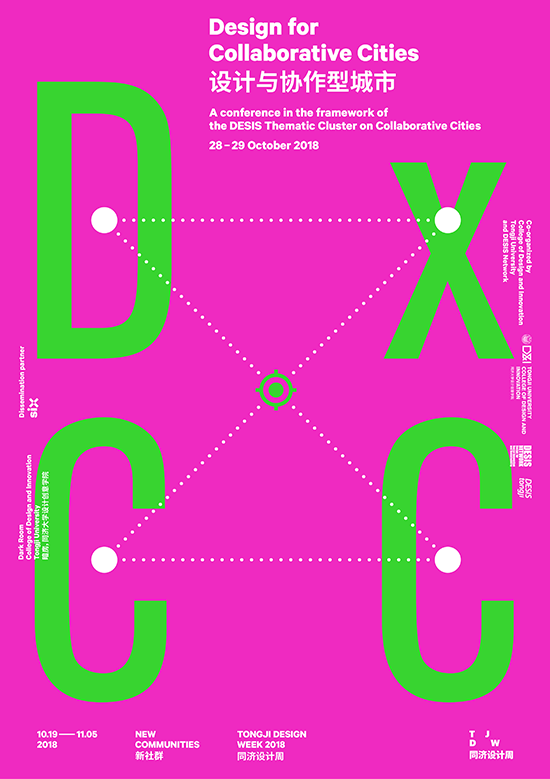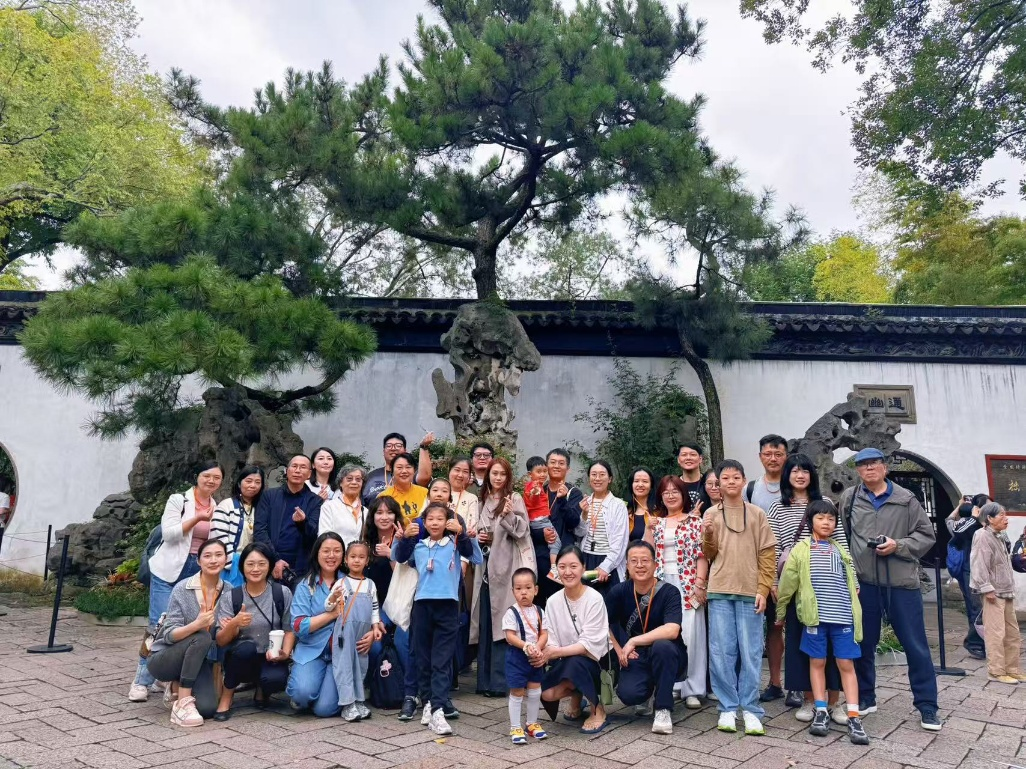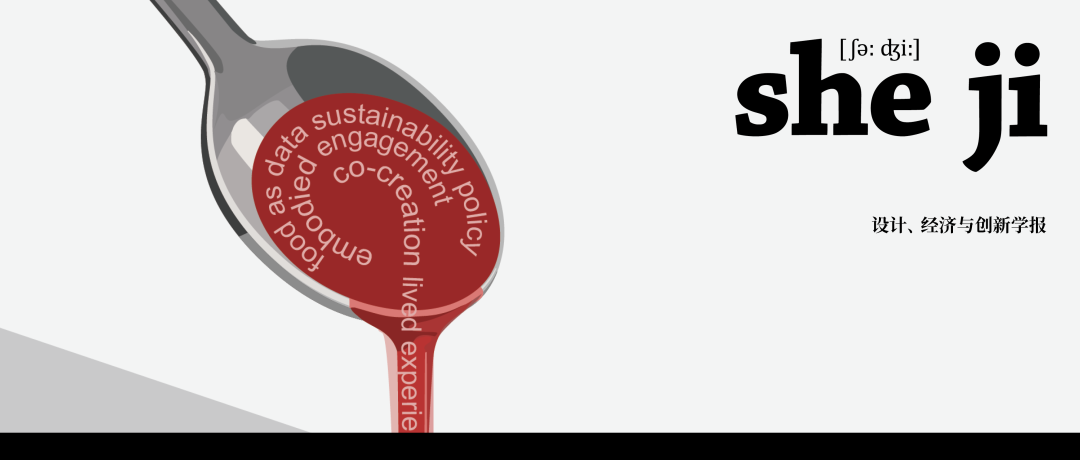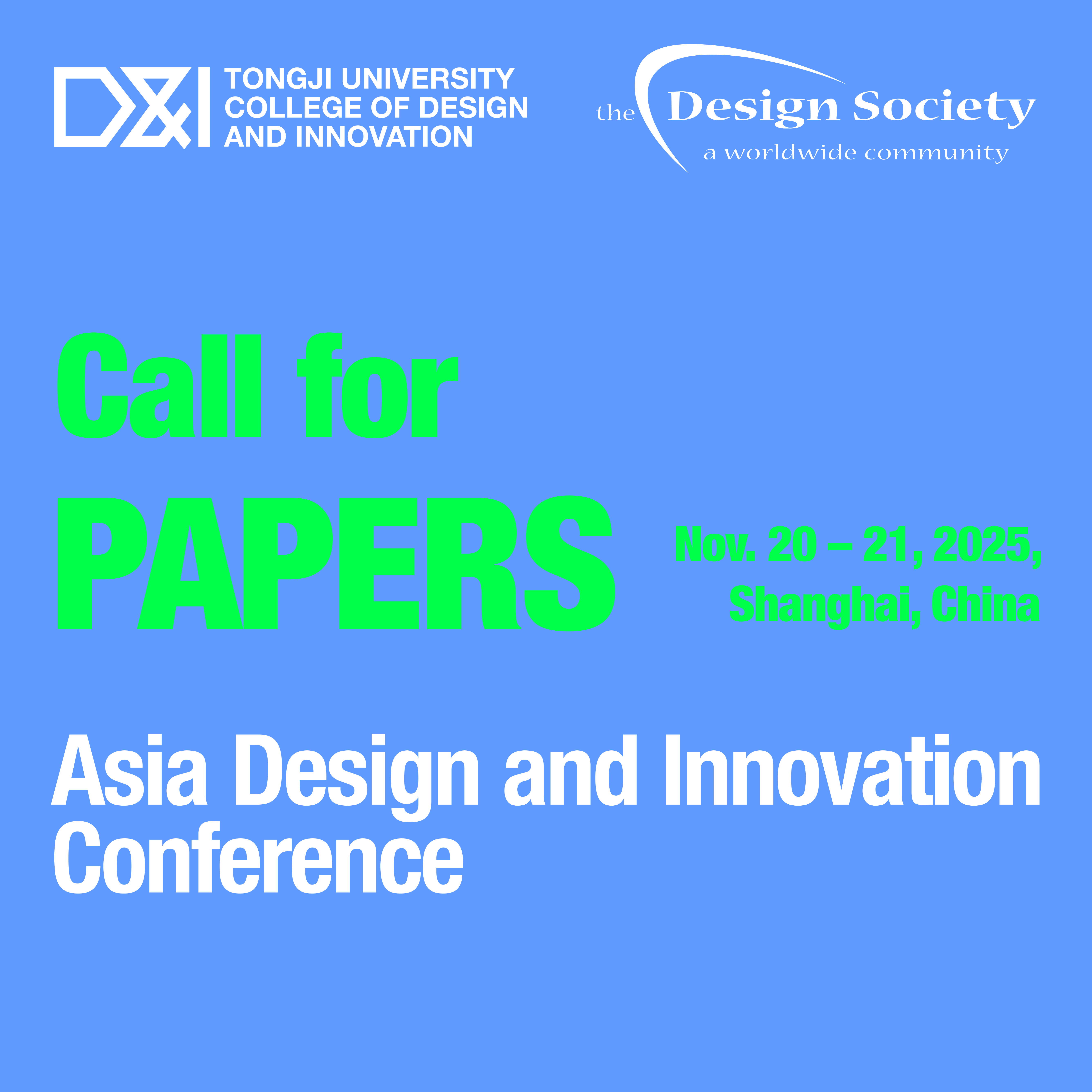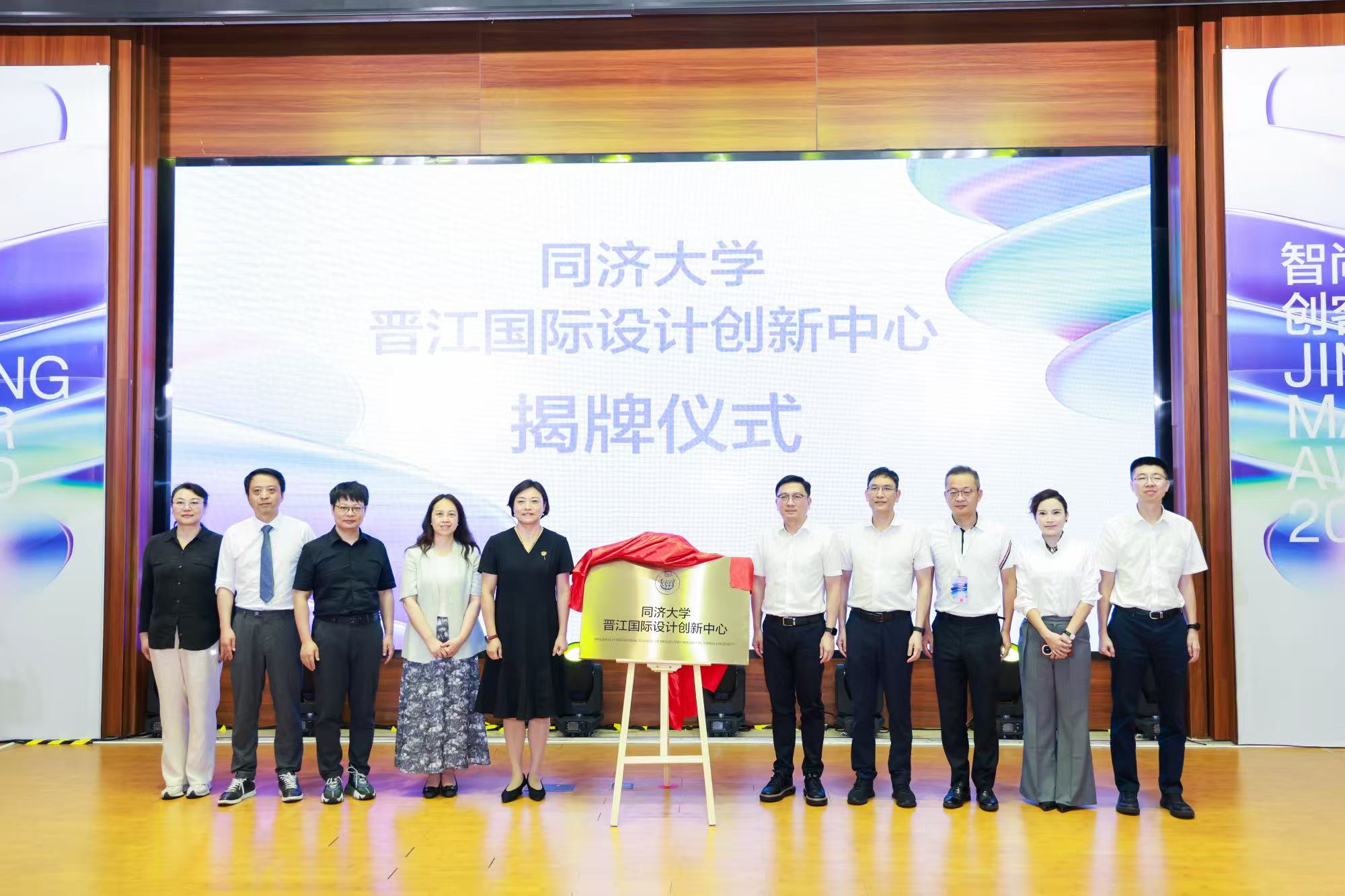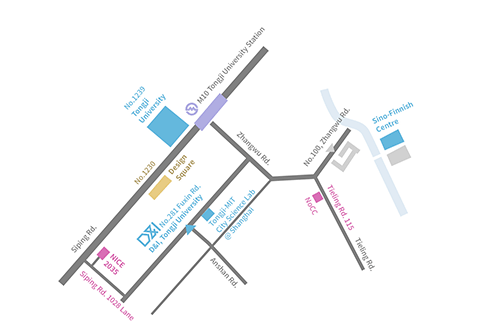John Thackara l Philosopher, writer, advisor, and Senior Fellow at the Royal College of Art, UK.
Ezio Manzini l Founder of DESIS Network. Distinguished Professor on Design for Social Innovation a Elisava-Design School and Engineering, Barcelona; Honorary Professor at the Politecnico di Milano; and Guest Professor at Tongji University (Shanghai) and Jiangnan University (Wuxi).
LOU Yongqi l Professor, Dean of Tongji University College of Design and Innovation.
Luisa Collina l Dean and Professor of the School of Design at Politecnico di Milano, President of Cumulus, the International Association of Universities and Colleges of Art, Design and Media.
Gabriella Montes-Gomez l Founder of Laboratorio para la Ciudad, the experimental arm / creative think tank of the Mexico City government, reporting to the Mayor. She is also a TED Senior Fellow, an MIT Director´s Fellow, a Yale World Fellow, an Institute for the Future Fellow and a World Cities Summit Young Leader.
Francois Jegou l Head of Strategic Design Scenarios, professor of strategic design at La Cambre, Brussels and Design manager of the Laboratory of Usage and Innovative Practices at the Cité du Design in Saint-Etienne, France. He is Lead expert of URBACT, Expert for DG REGIO and founding member of the DESIS network.
Carla Cipolla l Professor of the UFRJ - Universidade Federal do Rio de Janeiro, international coordinator of DESIS Network.
Adam Thorpe l Professor of Socially Responsive Design at Central Saint Martins College, University of the Arts London (UAL). Co Director of the Design Against Crime Research Centre and Coordinator of the UAL DESIS Lab.
Louise Pulford l Executive Director of SIX, a social innovation exchange built on mutual value, relationships and knowledge. Louise has worked on social innovation with the European Commission since 2010 and she sits on the Mayor of Seoul’s Advisory group for social innovation.
Sojung Rim l Program Director at SIX(social innovation exchange). So Jung is the co-founder of SPREAD-i, an associate at Social Life- a social enterprise specializing in place-based innovation.
Arzu Mistry l Artist, she currently teaches at the Srishti Institute for Art Design and Technology in Bangalore, facilitates the Art in Transit and placeARTS public art projects in the city of Bangalore.
Davide Fassi l Associate professor in interior and product service system design at the Politecnico di Milano, Italy and adjunct professor at Tongji University College of Design and Innovation. Coordinator of GIDE (Group of International Design Education) and member of the International Coordination Committee of the DESIS Network.
ZHONG Fang l PhD, Deputy director, Collaborative innovation center of Eco-Design, Aacdemy of Arts & Design, Tsinghua University.
Albert Fuster l Academic Director of ELISAVA, Barcelona School of Design and Engineering. He is the Director of the "Master in Creative Process", by Elisava and Ferran Adrià, and coordinates with Ezio Manzini the program "Design for City Making in Barcelona".
NI Minqing l Lecturer at Tongji University College of Design and Innovation, Executive Vice Director, coordinator of Tongji DESIS Lab.
Liesbeth Huybrechts l Associate professor at University of Hasselt. She co-founded the research group Social Spaces exploring the social qualities of design and art.
Francesca Valsecchi l Assistant professor at Tongji Universit College of Design & Innovation.

